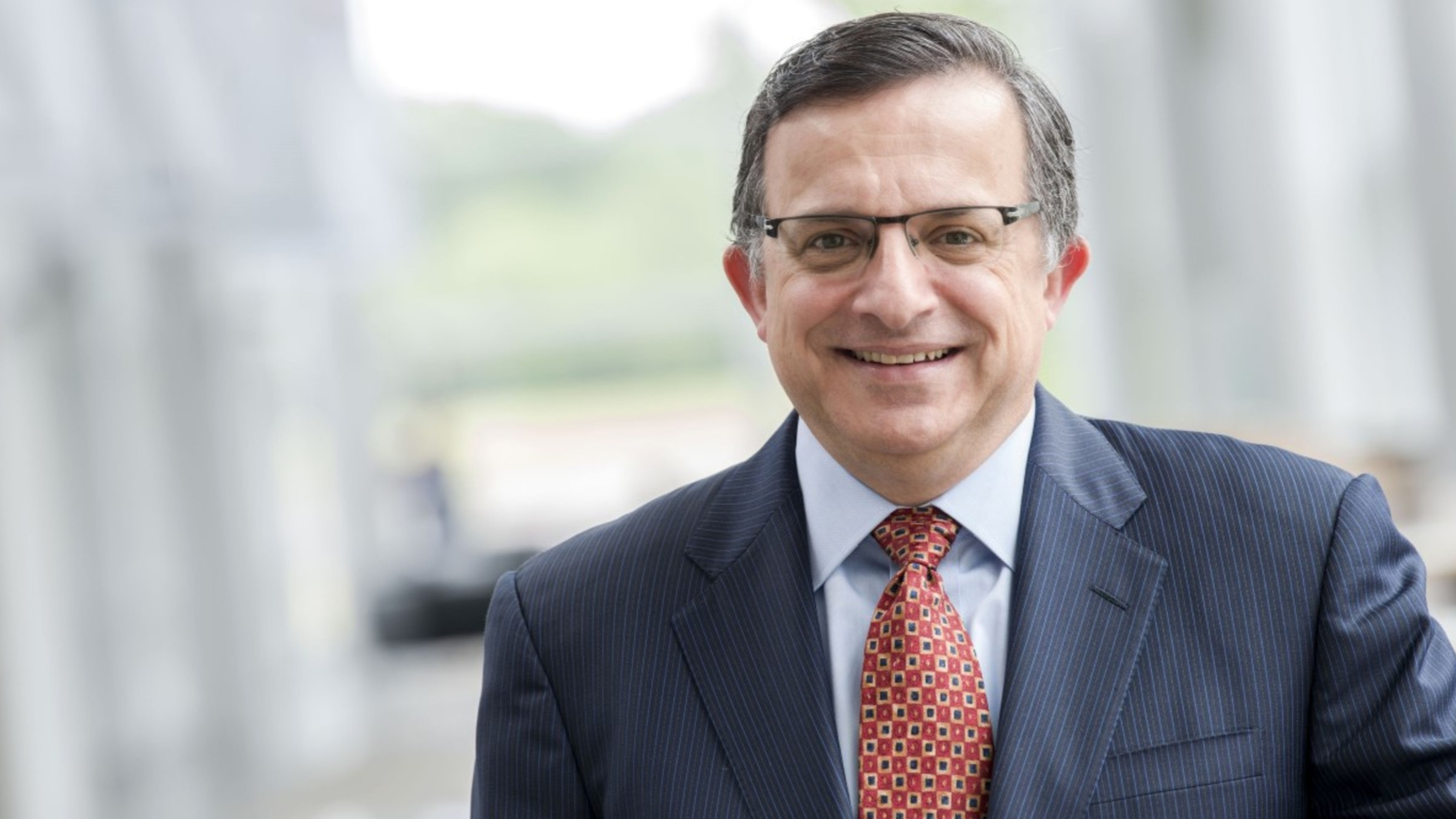
Merck's Keytruda plus TIGIT combo proves less effective than chemo in open-label lung cancer study
Ahead of Keytruda’s patent cliff in 2028, Merck is trying to develop a variety of combination therapies that can extend the megablockbuster’s potential. But one of those combos just hit a snag, and it’s putting the company in damage control mode.
MK-7684A, a brew of pembrolizumab (Keytruda’s chemical name) and Merck’s in-house anti-TIGIT compound vibostolimab, failed the open-label portion of a Phase II study measuring it against chemotherapy in metastatic non-small cell lung cancer, the Big Pharma announced Thursday afternoon. The regimen did not improve patients’ progression-free survival odds compared to the control and was less effective than chemo.
Unlock this article instantly by becoming a free subscriber.
You’ll get access to free articles each month, plus you can customize what newsletters get delivered to your inbox each week, including breaking news.